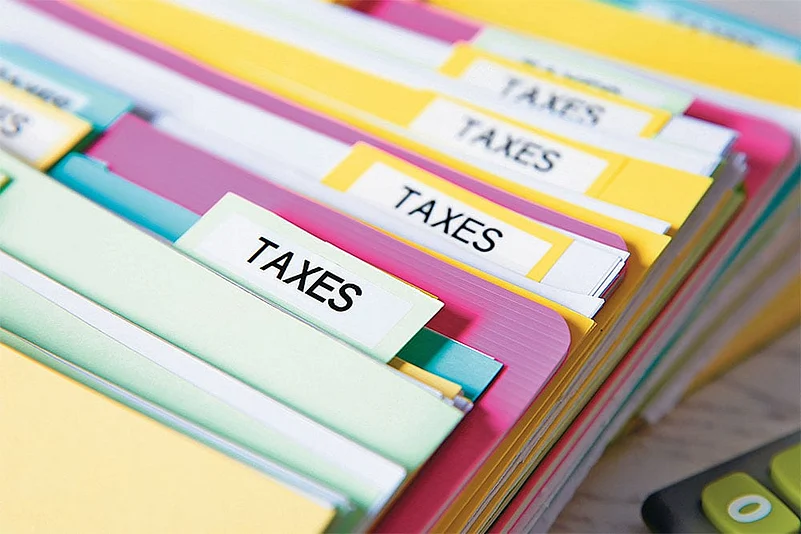For decades, India's tax system has been infamous for its complexity. From intricate legal jargon to confusing multiple provisions, taxpayers, both individuals and businesses, have struggled to navigate the framework. To bring a change in taxation laws, the government undertook a comprehensive review of the Income-tax Act, 1961 last year.
After the review, the Central government presented Income Tax Bill, 2025 (ITB) in the Lok Sabha on February 13 2025 and referred it to the Select Committee of Lok Sabha for examination.
The ITB aims to simplify taxation in a way that is clear, predictable, and easy to understand for taxpayers and ensure that this leads to better compliance without creating any ambiguity.
Is it a complete overhaul of the Income Tax Act, 1961?
Unlike some of the previous tax reforms that brought sweeping policy changes (such as the introduction of a New Tax Regime), the ITB 2025 is focussing more on simplification without adding any new tax rates.
However, it does change a few fundamentals such as;
The omission and re-organisation of some Sections, for example, Section 80C is now Clause 123)
Introduction of the concept of 'Tax Year'. This will replace the current concept of assessment year (or previous year) from the Income Tax Act.
Even with these changes, the goal is to make the legal text more accessible while retaining the core principles of taxation.
In a Lok Sabha reply to a question, Minister of State for Finance Pankaj Chaudhary stated three core principles that guided the simplification exercise under ITB;
Textual and structural simplification for improved clarity and coherence
No major tax policy changes to ensure continuity and certainty
No modifications of tax rates, preserving predictability for taxpayers
To make this happen, the government used a three-pronged approach:
First, it eliminated intricate language to enhance readability for the taxpayers
Second, it removed redundant and repetitive provisions for better navigation in the tax document
Third, the new Bill has also reorganized some sections logically to facilitate ease of reference.
One of the biggest concerns in tax reforms is the risk of misinterpretation and increased litigation. The government has been mindful of this, ensuring that key phrases, especially those clarified by court rulings, remain unchanged, while unnecessary provisos and explanations have been converted into clearly structured sub-sections.
Additionally, the use of formulae and tables has been expanded in the Bill to present complex tax calculations in a visually understandable format and reduce ambiguity.
What would be the impact of these changes on taxpayers?
With a simplified tax law, ITB 2025 primarily aims to encourage higher taxpayer compliance. When tax rules are easier to understand, individuals and businesses will be more likely to comply without unintentional errors or the need for extensive professional guidance.
Also, the Bill does not impose any additional training requirements for businesses or tax professionals. It has simply reorganised sections to make compliance easier for everyone, from salaried employees filing their returns to corporations managing complex tax structures.
“Reorganisation of sections in the Income-tax Bill, 2025 has been done to facilitate ease of reference and provide a legal framework for implementing direct tax policy that is simple, clear and unambiguous,” Chaudhary wrote in his response.
Further to aid the transition from the (current) income tax act to the proposed changes, the government has made several resources available, such as
ITB Navigator
FAQs on the Bill that answer key questions
A Utility tool to compare the old and the new tax sections
These efforts are expected to help taxpayers with adapting to the new structure without much confusion.
Replying to the question of whether the Bill impacts revenue collection, Chaudhary states, “While the exercise of simplification carried out may not have a direct or immediate effect on revenue collection per se, all amendments proposed up to Finance Bill 2025 have been duly incorporated in the new Income tax bill 2025.” Meaning that the ITB 2025 will come into action with all the recent updates in income tax laws.












